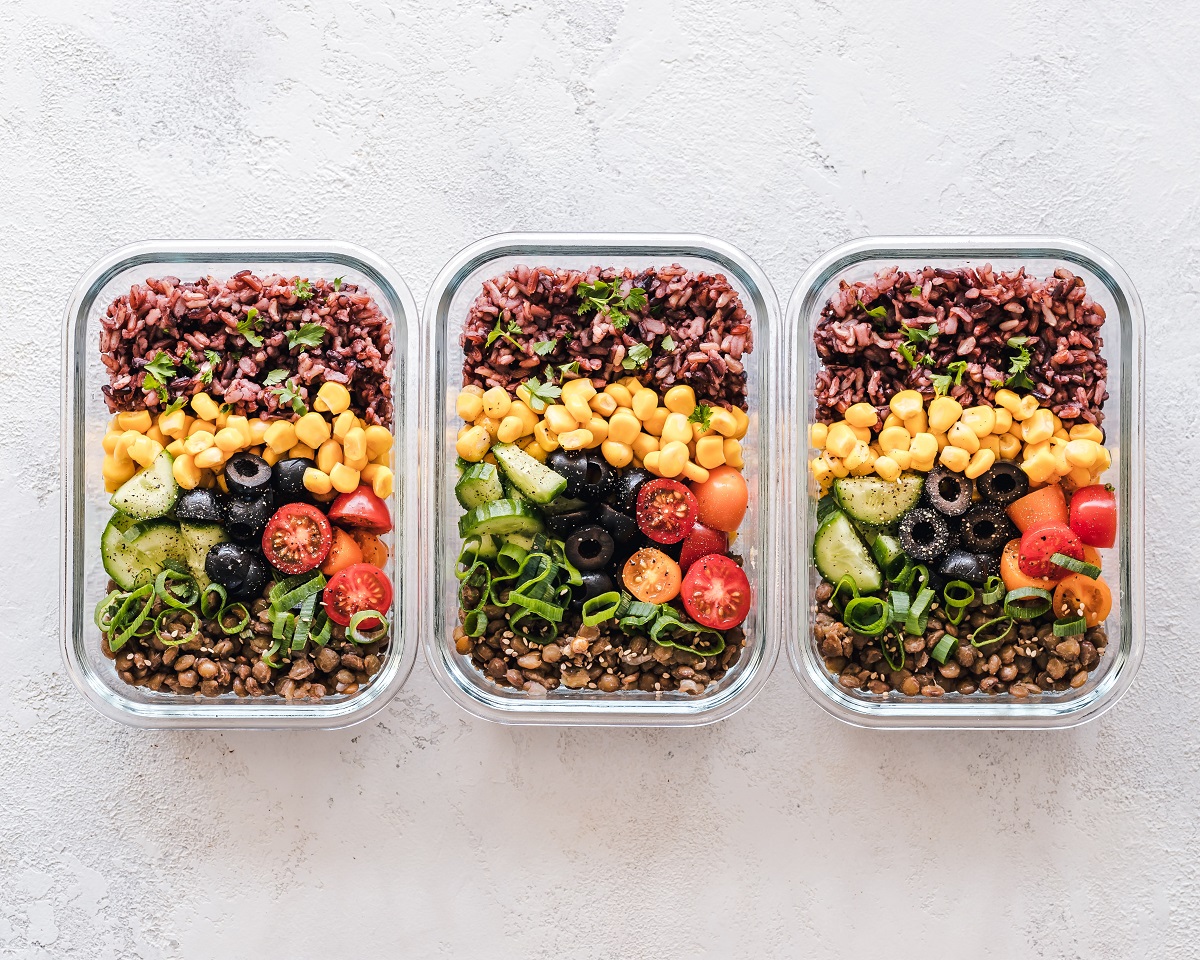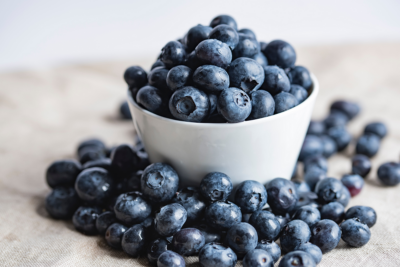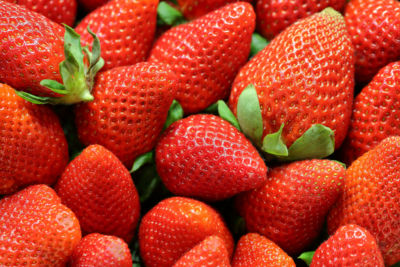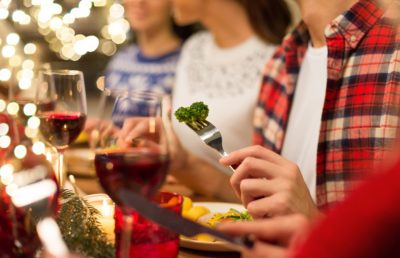New to eating plant-based and not sure how to reduce food waste? These tips will make your plant-based foods go further

Did you know that around a third of the food produced in the world goes to waste? According to research by WRAP, more than nine million tonnes of food were wasted in 2018 in the UK alone. An estimated 70% of this waste came from households.
Not only does this food waste cost us money, it also has a wider cost to the environment. When you start eating vegan, you may realise that shopping, storing and cooking food is a huge learning curve. And that’s OK!
With a few simple changes, you can keep your food waste to a minimum and make the most of your food shop. Read on for our top tips, from storing fruit and veg correctly to using up your leftovers.
Buy less food
A straight-forward solution to wasting food is simply buying less of it. We know there are countless temptations in the supermarket, but over-buying isn’t such a great idea when you end up throwing most of it away.
When buying fresh fruit and vegetables, only buy the amount you need to use. Choose loose produce, especially wonky veggies, to reduce the food wasted by supermarkets too. The appearance makes little difference to the taste!
Buy non-perishable foods in bulk and stock up when it makes sense to do so. Before you hit the supermarket, think about what you’ll be eating in the next week. Take a shopping list of what you actually need and stick to that.
Sell-by vs use-by
Sometimes we throw away food when we don’t even need to! This is often down to confusing “sell-by” and “use-by” dates on packaging. “Sell-by” simply means the retailer can’t sell the product past a certain date, whereas “use-by” indicates when the product needs to be eaten.
Following the “Use-by” date is a better rule of thumb, but some foods can be perfectly safe to eat a day or two later than the given date. Does it look or smell like it’s gone bad? If not, it’s probably fine!
Store food correctly
Did you know that not all fruit and veggies are supposed to be kept in the fridge? Knowing which foods to leave in the open, which ones to chill and which ones to keep in containers can transform your food habits.
Foods to keep on the counter:
For some foods, moisture speeds up the spoiling process, so letting them breathe will keep them fresher for longer.
- Carrots
- Potatoes
- Root vegetables and garlic
- Mangoes
- Melons
- Apples and pears
- Nectarines
- Bananas
- Tomatoes
- Avocadoes
- Produce with high water content, such as celery and peppers
Foods to keep in the fridge:
- Mushrooms – keep in original packaging
- Grapes
- Citrus fruits
- Berries
- Leafy greens and salad – keep in a storage container to keep it crisp
- Sauces and dressings
- Nut butters – they can stay in the cupboard if you plan to use them within a few months
- Fruit spreads
- Herbs – stored in water
Love your leftovers
Whether you’re a busy family or a student at university, using your leftovers wisely is a skill you can’t learn too early in life. Planning meals ahead will help ensure you don’t throw food away every week. If you end up with leftovers, reheat them for quick workday lunches or save them for tomorrow night’s dinner.
Don’t have enough left to make a full meal? Be creative and use them as snacks, or even incorporate them into other dishes. Any fruit and veg lying around should work great in smoothies. Foods like leftover rice, pasta, lentils and quinoa can be used in all sorts of ways if you’re inventive enough.

Freeze your food
Most foods can be frozen as single ingredients, or you can even batch cook meals and freeze for another day. Here are some of the main foods suitable for freezing:
- Cooked pasta
- Cooked rice
- Meat and dairy replacements – always check the packaging on individual products
- Nuts
- Flour – you can use it directly from the freezer
- Bananas – must be peeled
- Bread
- Potatoes and sweet potatoes
- Leafy greens
- Herbs
- Stock
- Carrots
- Mushrooms
- Onions
- Cauliflower
- Peas
- Strawberries
- Asparagus
- Berries
- Broccoli
- Brussels sprouts
- Cherries
- Mangoes
- Melons
- Peaches – peeled and sliced
- Pumpkin
- Squash
Foods not suitable for freezing:
- Cream-based soups and sauces
- Cucumber, lettuce and foods high in water
- Desserts with meringue
- Fried foods – they become soggy
- Mayonnaise and mayo-based salads
- Sour cream
Compost food scraps
Composting at home is a great way to reduce the amount of food waste going to landfill. Peelings from potatoes and citrus, fruit and vegetable cores and stems can be used for compost. This process turns unused foods into nutrient-rich fertiliser.
There are different methods of composting and it depends on how much room you have available at home. However, even those with limited space and people in flats with balconies can get involved in composting.
Check out this handy guide to composting for more information.





